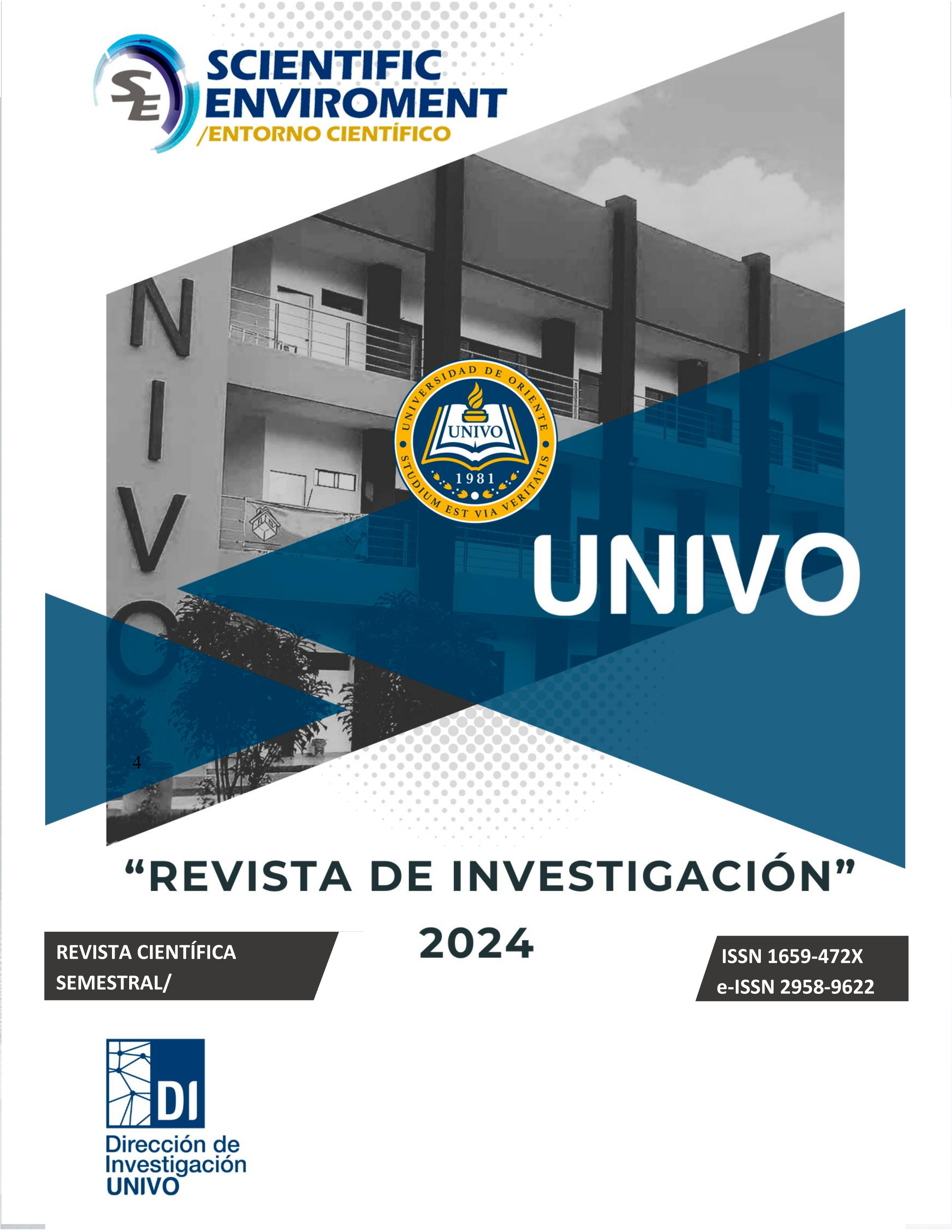Synergistic Didactic Management; A new way of teaching in El Salvador
DOI:
https://doi.org/10.5377/revunivo.v1i15.18916Keywords:
Didactics, Administration, management, Teaching, Synergy, Educational theoryAbstract
In higher education institutions, there has been a growing awareness of the value of teaching in the training processes of future professionals. This is the substantive function that occurs most frequently and intensely at the tertiary educational level. Today, it is known and accepted that being a quality educator is not synonymous with merely being an expert professional; teaching encompasses much more than that and includes, among other aspects, the didactic-epistemic dimension, the didactic-axiological dimension, and the critical management of groups and formative knowledge.
Each historical period of Western culture has recorded the emergence of certain educational theories at a macro level, which have been generated as a product of the characteristics of social reality (environments and surroundings) and the balances and imbalances of the interacting hegemonic forces. These general theories have served as the framework for theorizing and carrying out teaching processes, aimed at achieving the education of citizens and the professionals required. This work presents a theory that considers "Managerial Didactics" as the central and synergistic element of teaching practice to achieve higher quality levels in classroom education.
Research has demonstrated, in most situations studied worldwide, that teaching is the independent variable with the greatest influence on the quality of education, followed by educational administration and the socio-emotional network surrounding each student (Osorio, G. M. et al. 2009, p. 267). Based on the above information, it is not unreasonable to assert that the continuous and innovative improvement of teaching and educators is an urgent task for all institutions wishing to achieve increasing levels of quality.
The teaching praxiology at the higher level necessitates its innovative rethinking both theoretically and practically. In this sense, it is presented as a theory of didactics called "Synergistic Management of Teaching," drawing from the advances in educational and general administration, just as occurred in the past with advancements in psychology, sociology, and educational philosophy among other disciplines. The main purpose of this theory is to explain, understand, and impact the innovative improvement of teaching practices, as teaching fundamentally involves the classroom-didactic management of education and knowledge.
153

Downloads
Published
How to Cite
Issue
Section
License
Copyright (c) 2024 Research journal

This work is licensed under a Creative Commons Attribution-NonCommercial-ShareAlike 4.0 International License.
